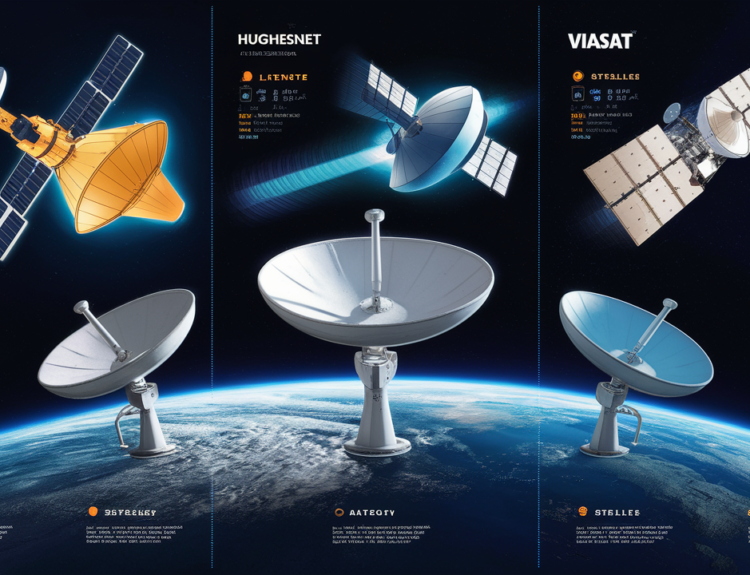Ever felt like you’re talking to a robot when trying to get medical advice online? You’re not alone. Chatbots are popping up everywhere, promising quick diagnoses and easy access to healthcare. But hold on a minute – is this really progress, or are we missing something crucial?
I stumbled across a fascinating study from Oxford University recently (hat tip to VentureBeat for covering it: https://venturebeat.com/ai/just-add-humans-oxford-medical-study-underscores-the-missing-link-in-chatbot-testing/). It suggests that relying solely on chatbots for medical assessments might actually lead to worse patient outcomes compared to, well, talking to an actual doctor.
Think about it. A chatbot relies on algorithms and data. It can spit out information based on keywords you enter. But can it truly understand the nuances of your situation? Can it pick up on subtle cues in your voice, your body language, or even just the hesitant way you describe a symptom?
The study highlights a critical gap: the human element. It’s not just about processing information; it’s about empathy, intuition, and years of experience that a doctor brings to the table. A study published in JAMA Internal Medicine found that while chatbots can often provide accurate diagnoses, they frequently lack the bedside manner and personalized advice that patients value (https://jamanetwork.com/journals/jamainternalmedicine/article-abstract/2768904). We’re not just looking for data; we’re looking for care.
And that’s important, especially here in Cameroon. Access to quality healthcare can be challenging. While chatbots seem like a convenient solution, we need to be cautious. We don’t want to create a system that widens the gap in healthcare quality, especially for those who already face barriers to accessing it. A 2021 report by the World Health Organization (WHO) emphasizes the importance of integrating digital health technologies ethically and equitably, ensuring they don’t exacerbate existing health inequalities (https://www.who.int/publications/i/item/9789240020924).
Here’s what I’m taking away from all this:
5 Key Takeaways:
- Chatbots are tools, not replacements. They can be helpful for initial information gathering, but they shouldn’t replace a doctor’s consultation.
- Human interaction matters. The empathy and experience of a healthcare professional are crucial for accurate diagnosis and effective treatment.
- Consider the context. Especially in places like Cameroon, where healthcare access varies, we need to ensure technology doesn’t widen existing inequalities.
- Accuracy isn’t everything. It’s also about trust, understanding, and feeling heard by your healthcare provider.
- Demand ethical AI. As AI becomes more prevalent in healthcare, we need to advocate for systems that are fair, transparent, and prioritize patient well-being.
Let’s not get swept away by the hype. Let’s make sure we “add humans” back into the equation when it comes to our health. What are your thoughts on this? I’d love to hear them!
FAQs About Chatbots and Healthcare:
1. What exactly is a chatbot in healthcare?
A chatbot is a computer program that simulates conversation, often used to answer medical questions, schedule appointments, or provide basic health information.
2. Are healthcare chatbots safe to use?
While they can be helpful for general information, they shouldn’t be used as a substitute for professional medical advice. Misdiagnosis or delayed treatment are potential risks.
3. Can chatbots accurately diagnose medical conditions?
Chatbots can offer potential diagnoses based on inputted symptoms, but their accuracy is limited. They lack the comprehensive understanding and clinical judgment of a doctor.
4. What are the benefits of using a chatbot for healthcare?
Benefits include 24/7 availability, quick answers to simple questions, and potential cost savings. They can be helpful for preliminary information gathering.
5. What are the limitations of healthcare chatbots?
Limitations include the inability to provide personalized care, the risk of misdiagnosis, lack of empathy, and potential privacy concerns.
6. Should I trust a chatbot’s medical advice over a doctor’s?
Never. Always prioritize the advice of a qualified healthcare professional over a chatbot.
7. How can I make sure my data is protected when using a healthcare chatbot?
Check the chatbot’s privacy policy to understand how your data is collected, stored, and used. Look for chatbots that comply with privacy regulations like HIPAA.
8. Can chatbots replace doctors in the future?
It’s unlikely. While AI can assist doctors, the human element of care – empathy, intuition, and complex decision-making – remains essential.
9. What are the ethical considerations of using chatbots in healthcare?
Ethical considerations include ensuring fairness, transparency, accountability, and avoiding bias in AI algorithms.
10. What questions should I ask my doctor if I’ve used a chatbot for initial information?
Be transparent about using the chatbot and share the information you received. Ask your doctor to verify the chatbot’s suggestions and provide a comprehensive assessment based on your individual needs.








